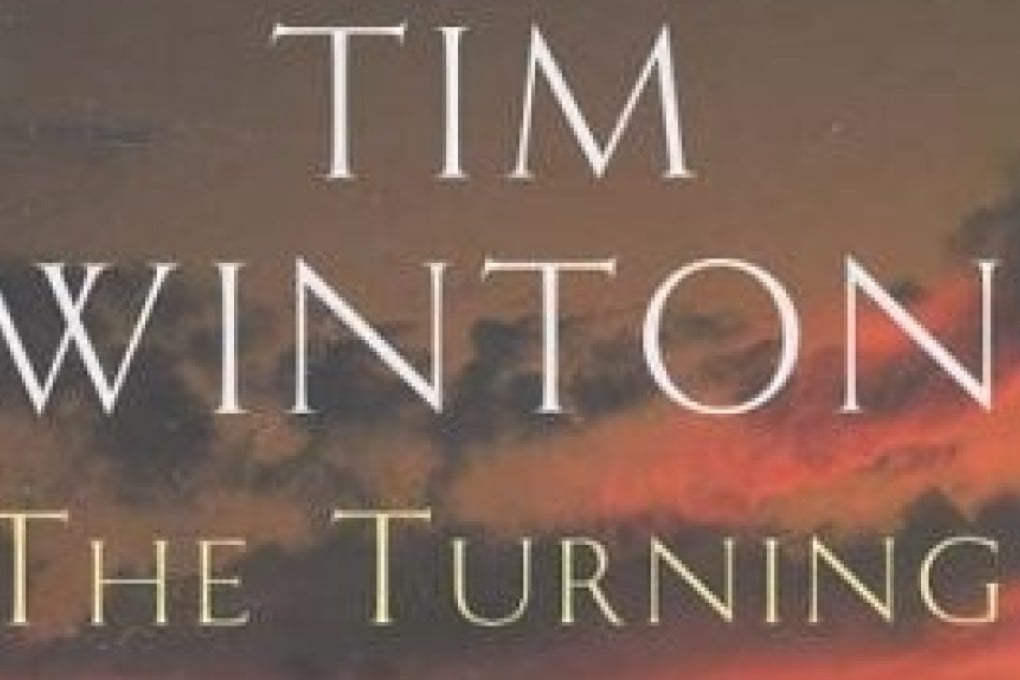Review: Tim Winton's The Turning - small town life at its bleakest
The seeds of success or failure are sown in youth and in each of 17 stories, 'the turning' refers to a point that shaped each character's destiny


The Turning
by Tim Winton
Picador $255
In a rare public appearance, at the Byron Bay Writer's Festival last year, Tim Winton described himself as 'a provincial writer ... There are two general regions that I write about, and they're joined by a little thread, and that's me,' he told the audience in northern New South Wales. 'I'm not mapping Western Australia, I'm just making up a world of my own and I've got characters that reappear from one book to the next.'
In Winton's latest collection of 17 short stories some of his minor characters are given centre stage.
Set in the fictional coastal community of Angelus, this is small town life at its bleakest: bent coppers, bored adolescents, junkies and violent husbands. Angelus' inhabitants never leave, even if - like Brakey - they move to the city. The seeds of success or failure are sown in youth and in each of the stories, set in the 1970s or the present, 'the turning' refers to a point that shaped each character's destiny.